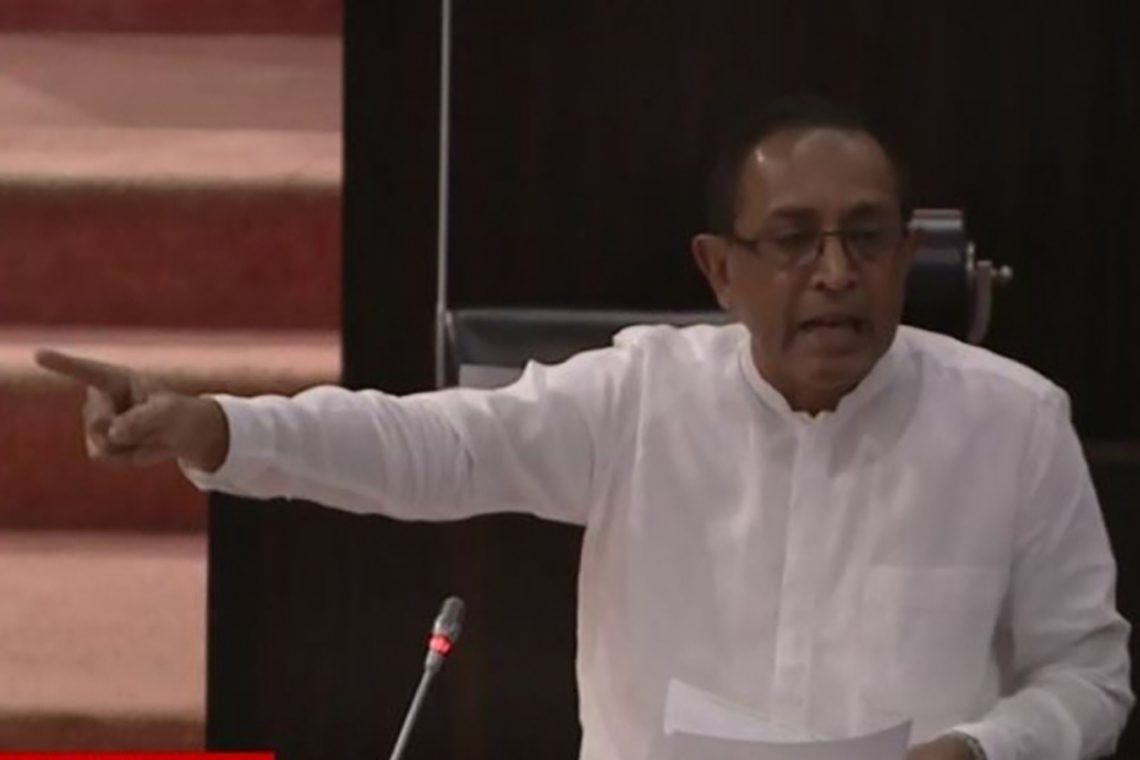
A member of the opposition party Kabir Hashim, leveled accusations in parliament against the government for intentionally obstructing the process of opening financial bid proposals from companies vying for a contract to construct a 50-megawatt wind power plant.
According to Hashim, this obstruction was an attempt to conceal the potentially lower electricity prices that could result from an open and competitive bidding process.
The opposition MP contrasted this situation to a previous 484MW wind plant project awarded to India's Adani Group through an inter-government agreement, bypassing a competitive tender process.
Hashim informed the parliament that three companies had undergone and successfully passed the technical evaluation stage of the bidding process. He stated that the sealed financial bids from these qualified companies were originally scheduled to be opened and reviewed on May 17th.
Hashim alleged that due to undue influence exerted by certain officials, there were efforts underway to cancel the opening of the financial bid proposals altogether.
The opposition MP criticized the chairman and staff of the Sustainable Energy Authority, accusing them of a concerted "operation" to derail the bid opening. He questioned whose interests these officials were representing by taking such actions to subvert the process. Hashim emphasized that the proposed 50MW wind plant was a critical need for the nation's energy infrastructure. Based on analysis, he believed that if awarded through fair competition, the electricity from this plant could be procured at rates below 6 cents per kilowatt-hour.
Hashim insinuated that corrupt motives could be at play, with officials potentially having undisclosed ties to certain energy companies, acting on those companies' behalf rather than the public's interest. He urged Harsha de Silva, who chairs the parliamentary Committee on Public Finance, to call the responsible officials to testify and compel them to proceed with opening the financial bids as originally planned.
Power purchase agreements and tenders for various projects are plagued by corruption. Recently Transparency International’s Corruption Perception Index saw Sri Lanka dropping a few places down, from a rank of 38 in 2018 to 34 this year.
Transparency cites that the weak scores reflect the lack of delivery by elected officials on anti-corruption agendas, together with crackdowns on civil society and attacks on freedoms of press, assembly, and association.
“Corruption will continue to thrive until justice systems can punish wrongdoing and keep governments in check," said François Valérian, Chair of Transparency International. "When justice is bought or politically interfered with, it is the people that suffer. Leaders should fully invest in and guarantee the independence of institutions that uphold the law and tackle corruption. It is time to end impunity for corruption.”
